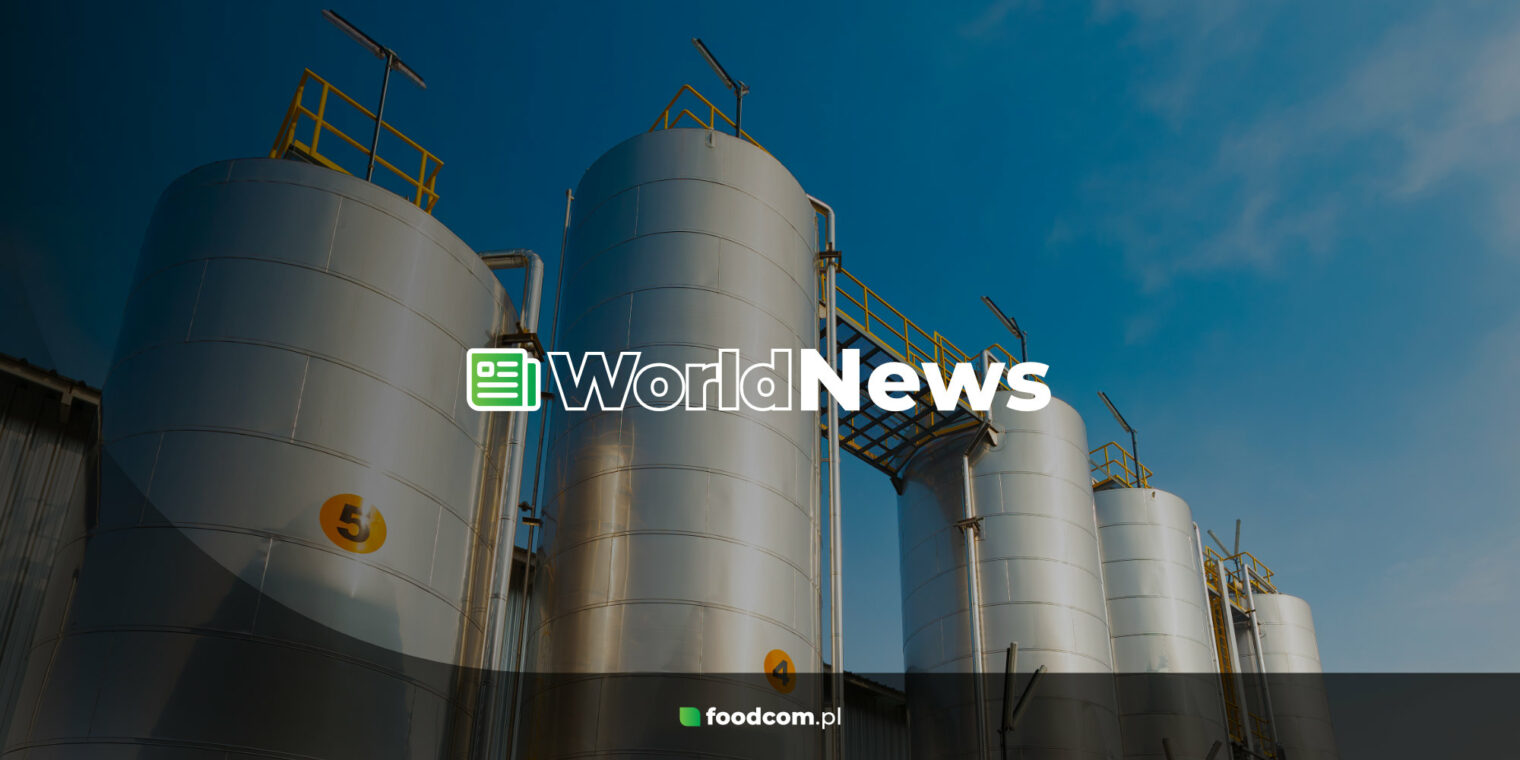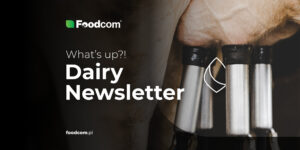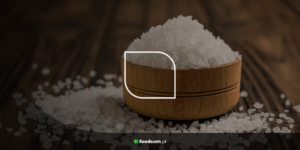Nous voici avec une nouvelle série de nouvelles concernant le secteur alimentaire. Nous vous présentons des informations sur l’embargo russe et ses conséquences, les projets de l’USDA, les nouveaux investissements de Cargill, les achats récents sur le marché européen et l’augmentation des importations chinoises. Bonne lecture !
L’Italie perd 1,4 milliard d’euros à cause de l’embargo russe
Le syndicat agricole italien Coldiretti a calculé que l’arrêt des exportations agroalimentaires vers la Russie a fait perdre aux producteurs italiens 1,4 milliard d’euros au cours des sept dernières années. Le gouvernement russe a imposé l’embargo à plusieurs pays en représailles aux sanctions appliquées à la Russie en raison de ses actions en Ukraine.La récente décision de l’UE prolonge les sanctions jusqu’à la fin du mois de janvier 2022. L’embargo contribue largement à l’inondation des produits laitiers italiens imités tels que le parmesan et la mozzarella, mais aussi des viandes et des jambons, dont beaucoup sont importés de Biélorussie. Un producteur de fromage russe prévoit que la production de parmesan et d’autres fromages à pâte dure en Russie dépassera celle de l’Italie dans les prochaines années.
Les États-Unis prévoient d’alimenter le marché de la viande avec 500 millions de dollars
Cette décision est liée au décret de Joe Biden qui décrit les efforts du gouvernement pour promouvoir la concurrence en renforçant la concurrence, en soutenant les agriculteurs et leurs familles, en augmentant les salaires des travailleurs, en encourageant l’innovation et en propulsant le développement économique. Selon la Maison Blanche, les grandes entreprises détiennent une part importante du marché, ce qui affecte négativement les agriculteurs et les consommateurs. En outre, un fonds supplémentaire de 150 millions de dollars est destiné à aider les petites unités de transformation à lutter contre les perturbations post-pandémiques et à développer leurs activités.
Cargill, prêt à investir 45 millions de dollars dans la fibre soluble
Le géant américain de l’agroalimentaire a annoncé son intention d’entrer sur le marché européen des fibres solubles grâce à un investissement de 45 millions de dollars dans une nouvelle installation située à Wrocław, en Pologne. L’entreprise élargit son portefeuille avec des produits à valeur nutritionnelle améliorée et à teneur réduite en calories et en sucre. La technologie du microréacteur permettra de produire des produits contenant 30 % de sucre en moins et enrichis en fibres, tels que des desserts, des produits de boulangerie, des céréales et des crèmes glacées. Selon Cargill, l’expansion est une réponse à une tendance persistante de la demande croissante pour des offres plus saines avec une valeur nutritionnelle améliorée.
Orkla élargit ses activités en achetant un producteur suisse d’ingrédients
Le fournisseur norvégien d’ingrédients de boulangerie Orkla Food Ingredients est sur le point d’acquérir le producteur suisse Hans Kaspar, spécialisé dans la fabrication d’articles de spécialité à partir de matières premières naturelles pour les secteurs de la confiserie et de la boulangerie. Hans Kaspar jouit d’une position forte sur le marché européen et d’une clientèle de producteurs de chocolat et de crème glacée, qu’Orkla utilisera pour poursuivre l’expansion de ses activités. Plus de la moitié des revenus de l’entreprise proviennent de transactions internationales. En 2020, le chiffre d’affaires de Hans Kaspar s’élevait à environ 14,6 millions de dollars.
La Chine augmente ses importations de viande
Le China Merchandise Reserve Management Center a publié le 14 juillet un avis d’achat de 13 000 tonnes de porc afin de remplir les réserves de l’État. Cette décision est dictée par la baisse des prix du porc depuis janvier.







